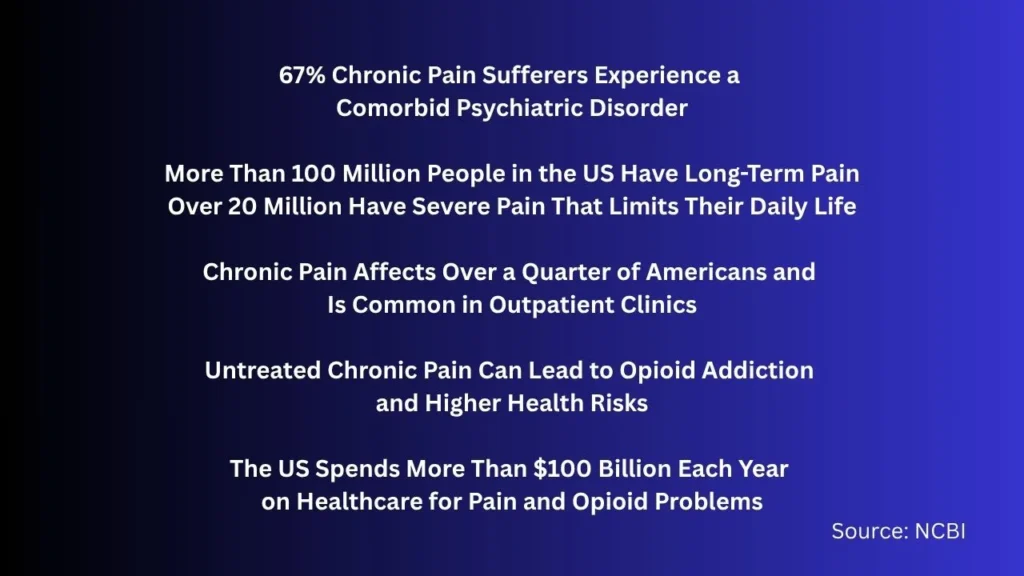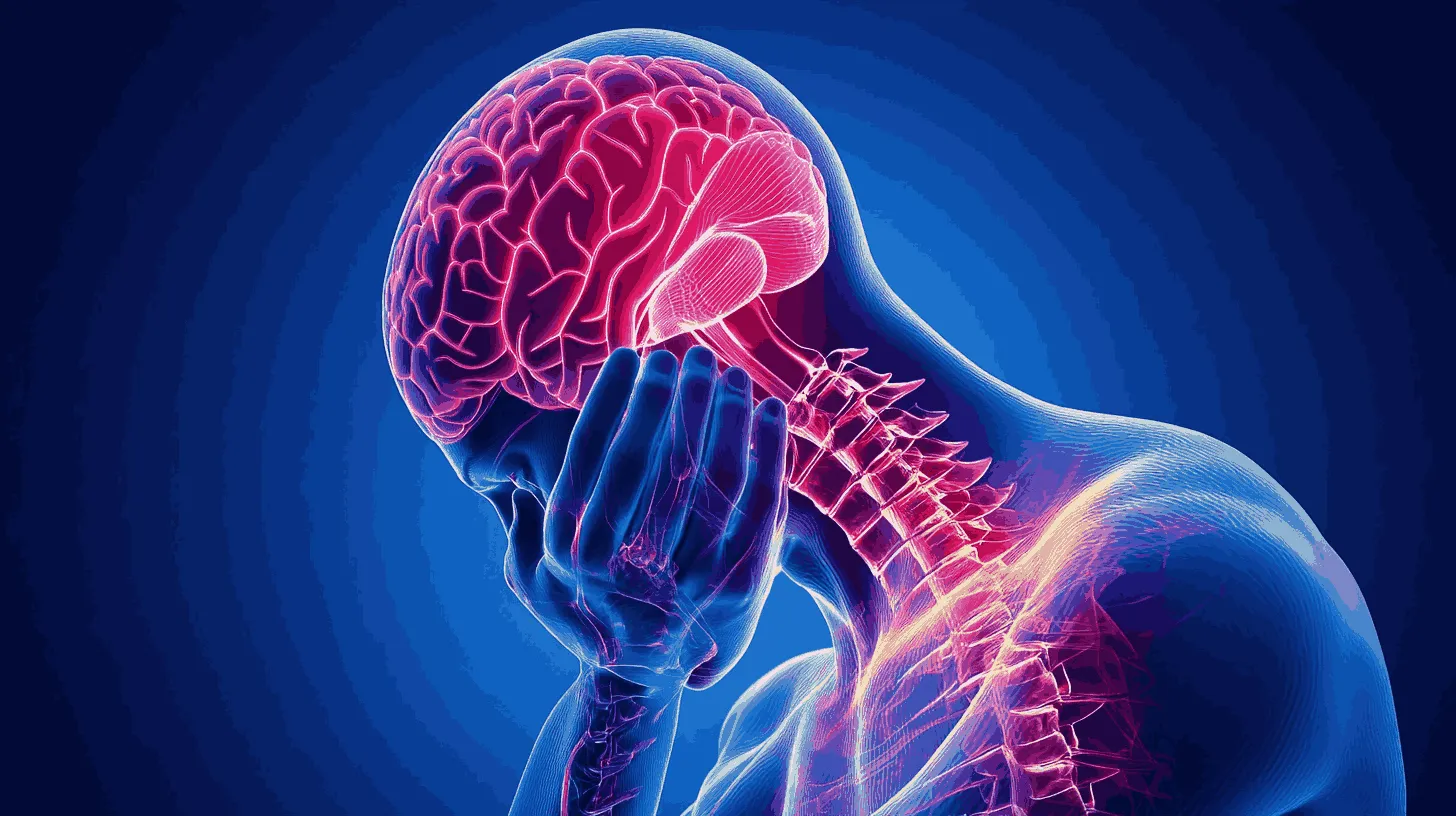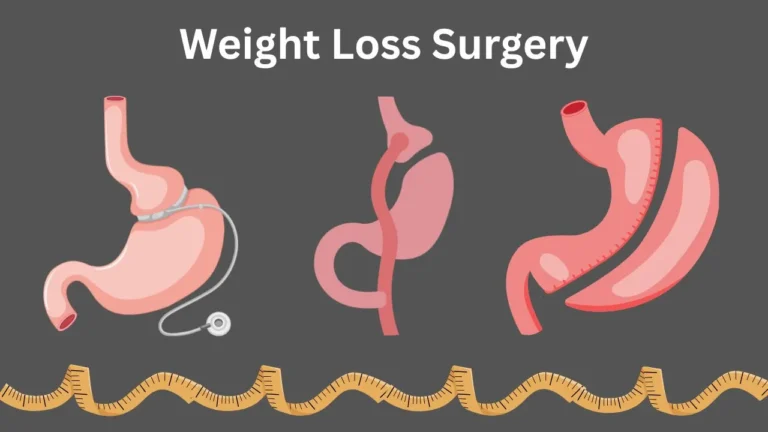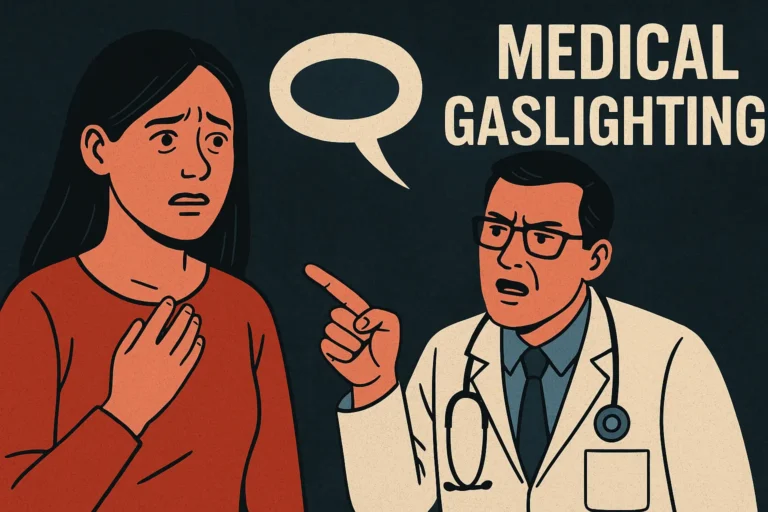The Truth about chronic Pain
A Simple Guide to Managing Chronic Pain
Chronic or continual pain lasts for months or even years. Unlike short-term acute pain, which occurs after an injury or illness and goes away as you heal, chronic pain persists for a long time or may occur without a clear cause. It can result from old injuries, health conditions, or nerve damage. People describe it as aching, burning, or sharp, and it can affect the back, joints, muscles, or nerves.
Continual pain impacts both your body and your emotions. Many people feel tired, stressed, or sad. To understand chronic pain, you need to consider both the physical discomfort and the emotional effects. Living with chronic pain is challenging and can change your daily life. I live with chronic pain and have learned a lot about it. I want to share helpful information to support you and your family.
What is Chronic Pain?
Chronic pain is pain that persists for 12 weeks or longer, continuing long after the initial injury or illness that triggered it has healed. Unlike acute pain, which serves as a warning signal for your body, continual pain persists without serving a protective purpose.
Definition and Distinction from Acute Pain
Acute pain acts as your body’s alarm system, signaling that something is wrong and needs attention. Once the underlying issue is treated, acute pain usually subsides. Chronic pain, however, continues to send pain signals to your brain even after healing has occurred, sometimes lasting for months or even years.
The Truth About Continual pain
It’s not “just in your head.” it is a complex biological process involving changes in your nervous system that make it more sensitive to pain signals. These changes can be so profound that even light touch can trigger intense pain in some people.

Clearing Up Myths About Long-Term Pain
Chronic pain is often not understood and people don’t always believe it’s real. Doctors may doubt it, and others may ignore or judge those who have it. To change this, we need doctors to be more understanding, rules that support pain care, and teaching to clear up wrong ideas. Listening to people sufferers can also help others understand and be kinder.
How It Affects Life
Key Takeaways
Common Causes
Chronic pain can develop from various conditions:
Impacts on the Body and Brain
Pain Pathways and Neuromodulation
When you experience chronic pain, your nervous system undergoes changes. The pain pathways become more sensitive through a process called “central sensitization,” which essentially turns up the volume on pain signals. Your brain’s pain processing centers can actually change structurally and functionally over time.
Can Continual Pain Cause Fatigue?
Absolutely. Chronic pain and fatigue often go hand in hand for several reasons:
- Your body expends significant energy managing constant pain
- Pain frequently disrupts sleep quality
- The psychological toll of pain can be exhausting
- Inflammatory processes that contribute to pain also cause fatigue
- Many pain medications have sedating side effects
This fatigue isn’t just feeling tired; you’re dealing with a profound exhaustion that really impacts your ability to function.
How Does Continual Pain Affect the Brain?
Research using brain imaging shows that chronic pain actually changes brain structure and function. These changes occur in areas responsible for:
Over time, these changes can make it tougher to concentrate, remember things, and manage your emotions. That’s why living with continual pain can sometimes feel like it’s messing with your mind, not just your body.
Long-Term Pain and Mental Health
The relationship between chronic pain and mental health is bidirectional—each can worsen the other:
The Role of Anxiety and Depression
When you’re in constant pain, it’s natural to feel anxious about when the next flare will happen or depressed about limitations pain imposes on your life. These emotions can actually increase pain sensitivity through shared neural pathways, creating a challenging cycle to break.
How to Be Positive with Chronic Pain
Maintaining positivity while in pain is challenging but vital for quality of life:
- Practice gratitude: Focus on what you can still do and enjoy
- Find meaning: Connect with values that transcend physical limitations
- Celebrate small victories: Acknowledge good moments and minor improvements
- Connect with others: Don’t isolate yourself, even when it’s tempting
- Work with a mental health professional: They can provide tools for coping
Treatment Options
Getting help for long-term pain is important to understand and lessen its effects. Pain experts find the cause and make a plan that includes physical and mental care. A team of doctors, therapists, and counselors offers full support. Professionals also help people learn about their treatment and manage pain better over time.
Conventional Treatment Options
Standard medical approaches include:
What is the Best Pain Medication for Chronic Pain?
There’s no one-size-fits-all answer because different types of pain respond to different medications. While opioids have traditionally been prescribed, there’s growing awareness of their limitations and risks for long-term use.
Alternative Options to Opioids
Evidence supports several alternatives:
The best approach often combines multiple medications at lower doses rather than relying on a single high-dose medication.
Alternative Therapies for Chronic Pain Relief
Acupuncture, Massage, and More
Many people find significant relief through complementary approaches:
Acupuncture, Yoga, and Meditation
Mind-body practices show promising results:
The Role of Nutrition and Diet in Managing Chronic Pain
What you eat can significantly impact inflammation levels:
Living with Chronic Pain
How Chronic Pain Affects Work Productivity
Chronic pain can dramatically impact your ability to work:
Is Chronic Pain a Disability?
Chronic pain can qualify as a disability under various legal frameworks, including the Americans with Disabilities Act, depending on how significantly it impacts major life activities. Documentation from healthcare providers is typically required to access accommodations or benefits.
Do Chronic Pain Patients Have Rights?
Yes, you have several important rights:
How to Help Someone with Chronic Pain
Supporting a loved one with chronic pain requires understanding:
- Believe them: Invisible pain is still real pain
- Listen without trying to fix: Sometimes people just need to be heard
- Offer specific help: “Can I pick up groceries?” is better than “Let me know if you need anything”
- Learn about their condition: Understanding helps you provide better support
- Respect their limits: Don’t push them beyond what they can handle
- Be patient: Pain can make people irritable or forgetful
Coping Mechanisms and Support
Day-to-Day Management of Chronic Pain
Successful pain management usually involves multiple strategies:
Support Networks & Community Resources for Chronic Pain
Peer support groups offer validation and connection, a key part of managing chronic pain. They offer emotional support, practical tips, and a sense of community.
Here’s how these groups and other resources can help:
1. Emotional Support & Connection
2. Practical Help & Resources
3. Types of Support Available
Frequently Asked Questions – FAQs
What is chronic pain?
Chronic pain is pain that lasts a long time—weeks, months, or years. It can come from injury or illness and affects your body and mind.
What are common myths about chronic pain?
Some people think chronic pain is just part of getting older, all in your head, or easily fixed with medicine. But it’s a complex problem that needs many kinds of treatment.
How does chronic pain affect daily life?
It can make moving around hard, cause tiredness, affect your mood, and make work and relationships difficult.
What treatments help with chronic pain?
Treatments include medicine, physical therapy, acupuncture, nerve blocks, talk therapy, and lifestyle changes like exercise and stress relief.
What can help you cope with chronic pain?
Relaxing, mindfulness, pacing yourself, setting small goals, getting support from others, and doing things you enjoy can help.
How does chronic pain affect mental health?
It can cause anxiety, depression, feeling alone, loss of control, and hurt your self-esteem and relationships.
How can we reduce stigma about chronic pain?
By teaching people about how complex it is and encouraging understanding and kindness.
Why should you see a doctor for chronic pain?
Doctors can find the cause and make a plan to manage your pain and help you feel better.
How can people find hope and support?
Joining support groups, talking to healthcare providers, and trying treatments can help you feel more in control and improve your life.
What causes chronic pain?
It can be caused by nerve damage, swelling, muscle or bone problems, or stress and trauma. Finding the cause helps with treatment.
Important to Remember
What has helped you manage chronic pain?
Have you found any strategies or resources particularly helpful in your journey with chronic pain?
Please take a moment to share your valuable experiences and insights in the comments section below. Your feedback could greatly benefit others facing similar challenges.



